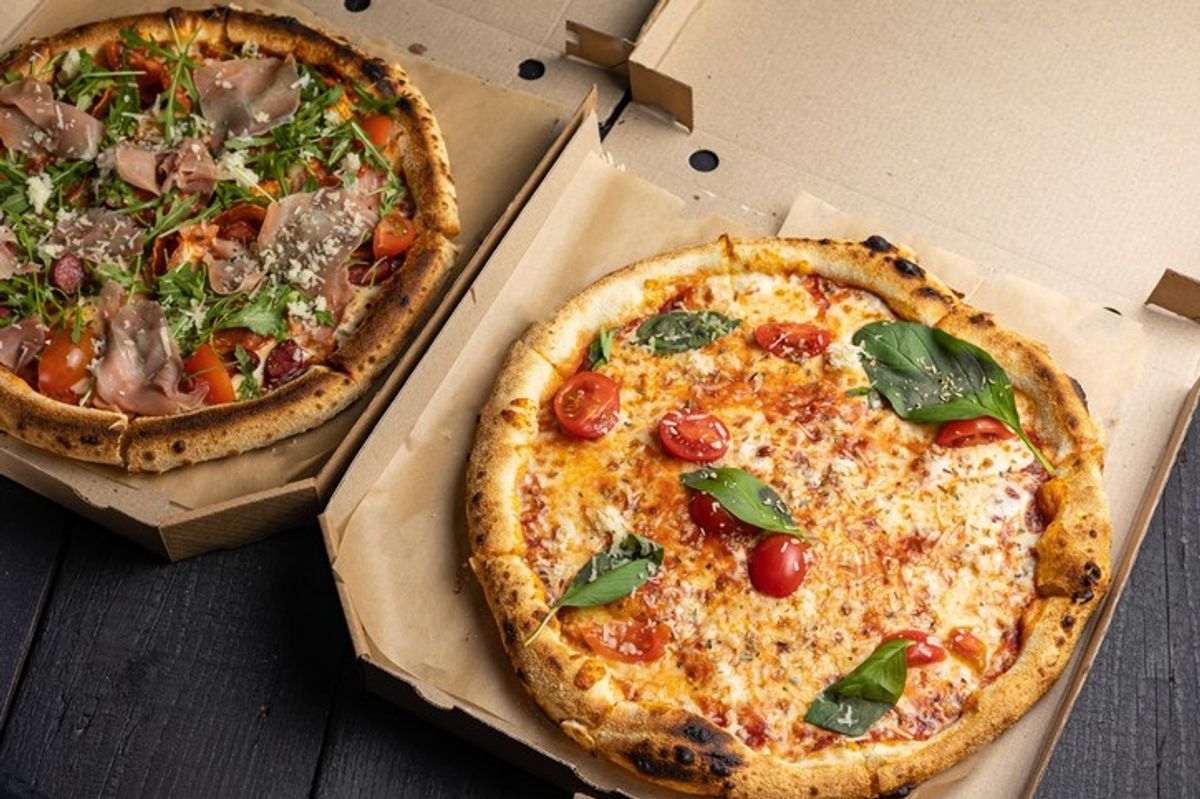Retail leaders are calling on the government to shift their attention to fast food outlets and local takeaways in its aim to tackle obesity.
Industry lobby group British Retail Consortium, which represents the country’s largest stores, said swathes of businesses were flying under the radar when it comes to improving the nation’s health. This includes local takeaways, which can have dishes containing more than double a person’s maximum daily salt intake but are not required to provide calorie information.
Andrew Opie, the BRC’s director of food and sustainability, said, “Many takeaway establishments are actually not part of a bigger chain. At least larger food takeaways now have to display calories. But your local chicken shop, they are not engaging in these areas.”
He said providing calorie information “surely needs to be taken as seriously a public health issue as allergen information is and required for all businesses”, The Telegraph reported.
Opie said current legislation around tackling obesity was limited to a “very narrow part of the food industry”, which allowed for smaller cafes, smaller restaurants and cinemas to avoid scrutiny.
The BRC director said, “We understand there will be more challenges for some smaller food businesses, but that in itself shouldn’t be an excuse not to be included.”
He said this could mean that the government “needs to give support to small and medium businesses to help them on their choices so around how much oils or salt are in something, or the sizes of portions”.
The BRC said it would support more obesity regulation if the government believes it will help tackle the issue.
Opie's statement comes amid signs that the UK is struggling to move the dial on the obesity crisis. Estimates suggest around two-thirds of British adults are now overweight or obese, up from half a generation ago. On average, a man now weighs 6kg more than he would in 1993 while the average woman is 5kg heavier.
Furthermore, the Institute for Fiscal Studies (IFS) revealed that people were still consuming 50 per cent more fast food than before the pandemic. Research has suggested that some takeaway pizzas contain more than two times the maximum daily salt intake while a cheeseburger contains more than the maximum daily fat intake.


